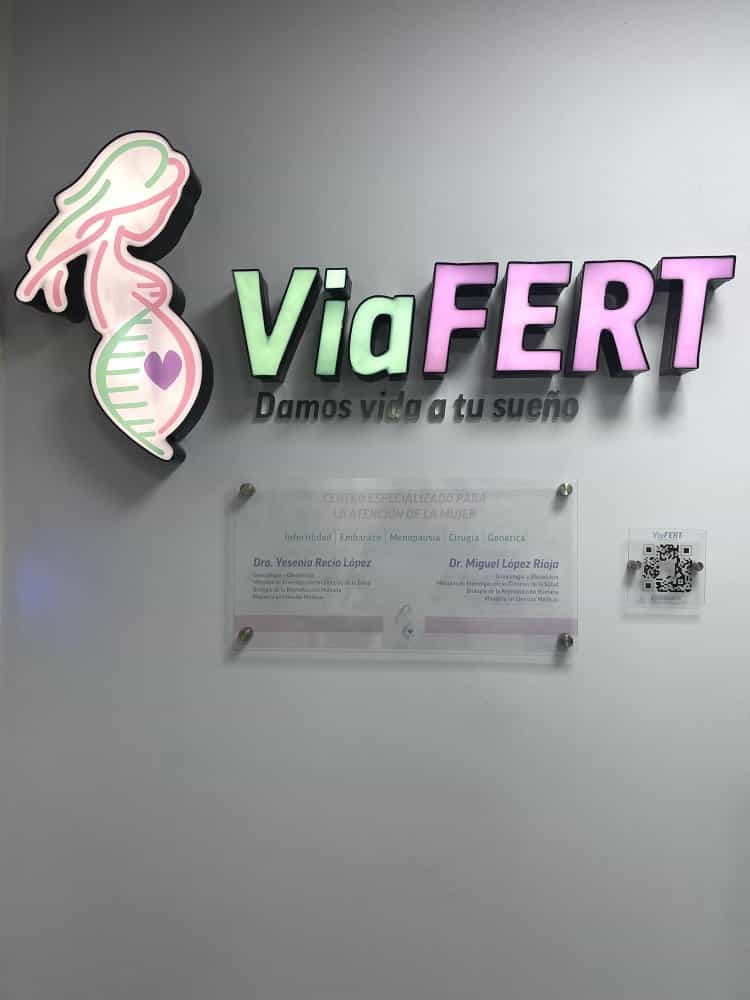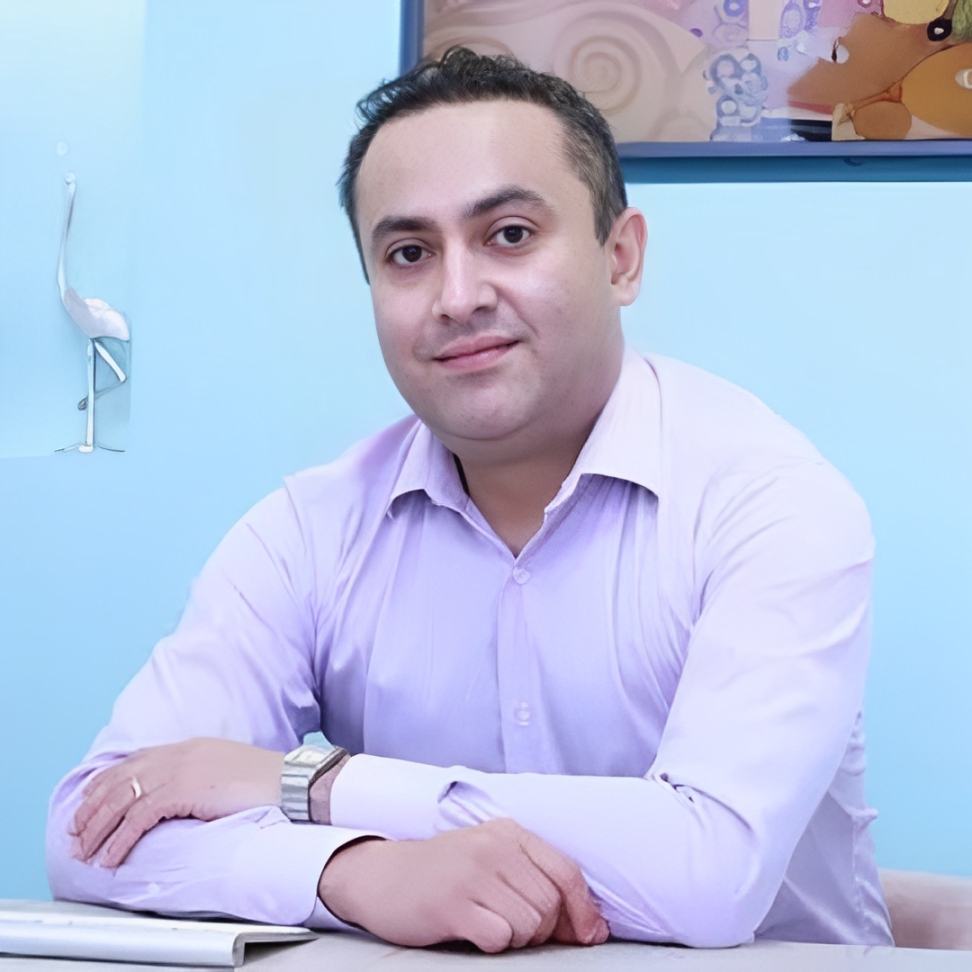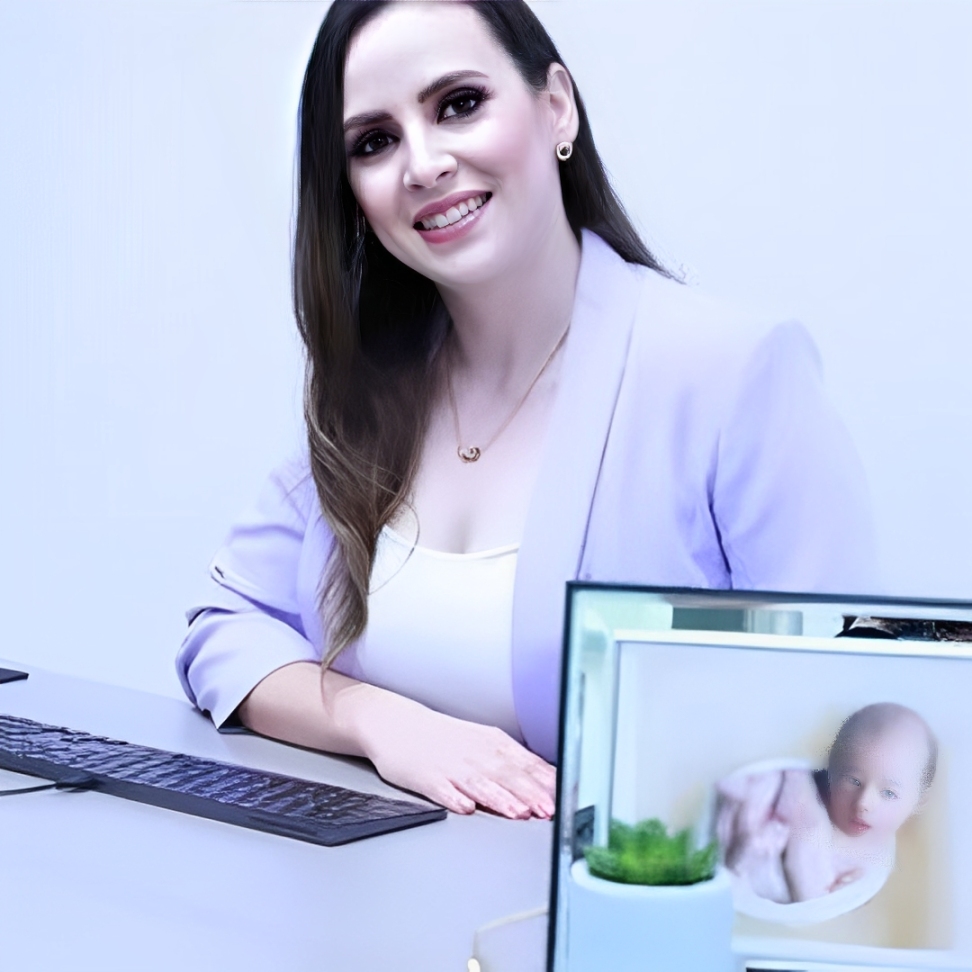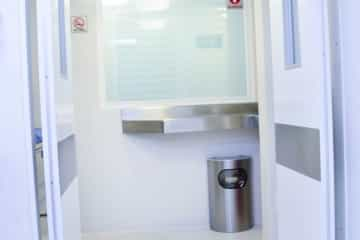In most situations, scar tissue is nothing more than an aesthetic hindrance. A star and your leg, you cheek, or your arm, and less it involves deeper tendons and ligaments, doesn't generally affect your overall health and wellness. Unfortunately, any type of scar tissue or damage to the human heart may have seriously adverse effects on your health.
However, recent stem cell research such as the performed by Cellteam Biotechnology in Mexico has developed techniques to heal scar tissue on the heart, often caused by a heart attack or other cardiac event, with a patient's own bone marrow. Bone marrow is withdrawn from the patient's hip joint and injected into the scar tissue.
Clinical Trials
In recent years, clinical trials have received the experimental bone marrow stem cell injections with great if it to see, shrinking their enlarged hearts back to normal size, a reduction of between 15 to 20%. While this number may seem small when compared to the overall size of the human body, this small improvement on the surface of the heart may very well reduce complications and improve the fit the sea of blood flow and overall cardiac function.
Currently, clinical trials utilizing this technique have been performed at the University of Miami Miller School of Medicine. Eight men near 60 years of age who also survived heart attacks between four months prior to 11 years prior to the clinical trials were engaged in the study. Each of the men in the study had scar tissue on his heart from heart attacks, and experienced an enlarged heart, a condition known as cardiomegaly.
When heart tissue has been scarred, it fails to function, move, or otherwise contract or expand, maintaining a stiff portion of that damage muscle tissue, reducing the overall efficacy of the heart muscle and its pumping function. The men engaged in the study displayed improved cardiac function within 6 to 12 months following the reduction of the cardiomegaly.
Cellteam Biotechnology
Cellteam Biotechnology is one facility that offers this procedure. Located in Guadalajara, Mexico, Cellteam Biotechnology staff members have studied autologous stem cell implants from bone marrow stem cells for years, dedicating their therapies and protocols to regenerative medical and therapeutic approaches to improve health and wellness. During those years, the medical team at Cellteam Biotechnology has specialized in cardiovascular disease, pulmonary disease, and diabetes treatments.
Some of the most common cardiac conditions treated through cellular stem cell therapy treatments include but are not limited to cardiac insufficiency, ischemic cardiopathy, pulmonary disease conditions, and cardio implants for cellular tissue repairs.
Such technologies have been available in countries other than the United States for years, and are approved or undergoing the process of approval or authorization by the Federal Commission for the Protection against Sanitary Risk.
Growing Popularity of Stem Cell Technologies
Stem cell technologies that treat a number of cardiac as well as neurodegenerative and diabetic conditions are growing increasingly popular in countries around the world, including the United States, Western Europe, and Southeast Asia. Medical providers in Mexico offer excellence in bone marrow hematopoietic stem cell technologies, cellular therapy methodologies and protocols utilized by leading stem cell research facilities and clinics around the globe.
As a popular medical tourism destination, Mexico offers medical travelers anticipated savings up to 50% on medical procedure costs, without the lengthy wait times for appointments or surgery elsewhere. Mexico enjoys some of the most modern and technologically advanced facilities in the world. Providing highly trained and experienced surgeons and physicians, Mexico offers cutting edge stem cell technologies that are helping patients from around the globe.
For more information regarding stem cell research and treatments for cardiac conditions, visit PlacidWay.com, a leading medical resource and provider based in Denver, Colorado.
Please Click here to request more information from Cellteam Biotechnology.







.png)

.png)
.png)













